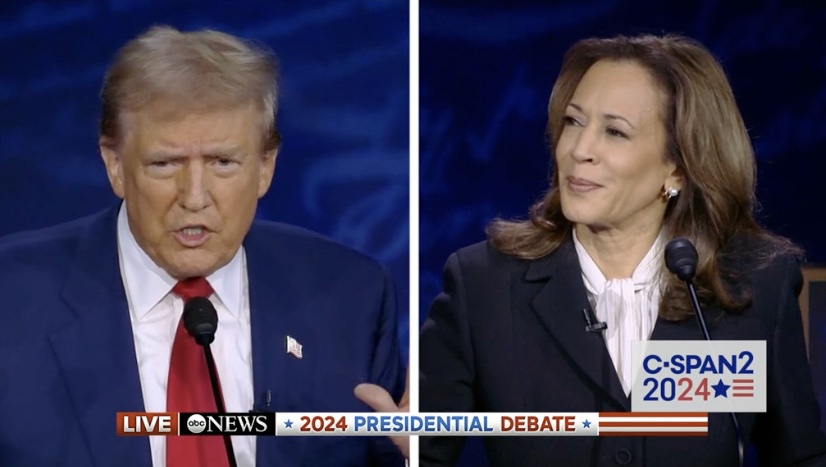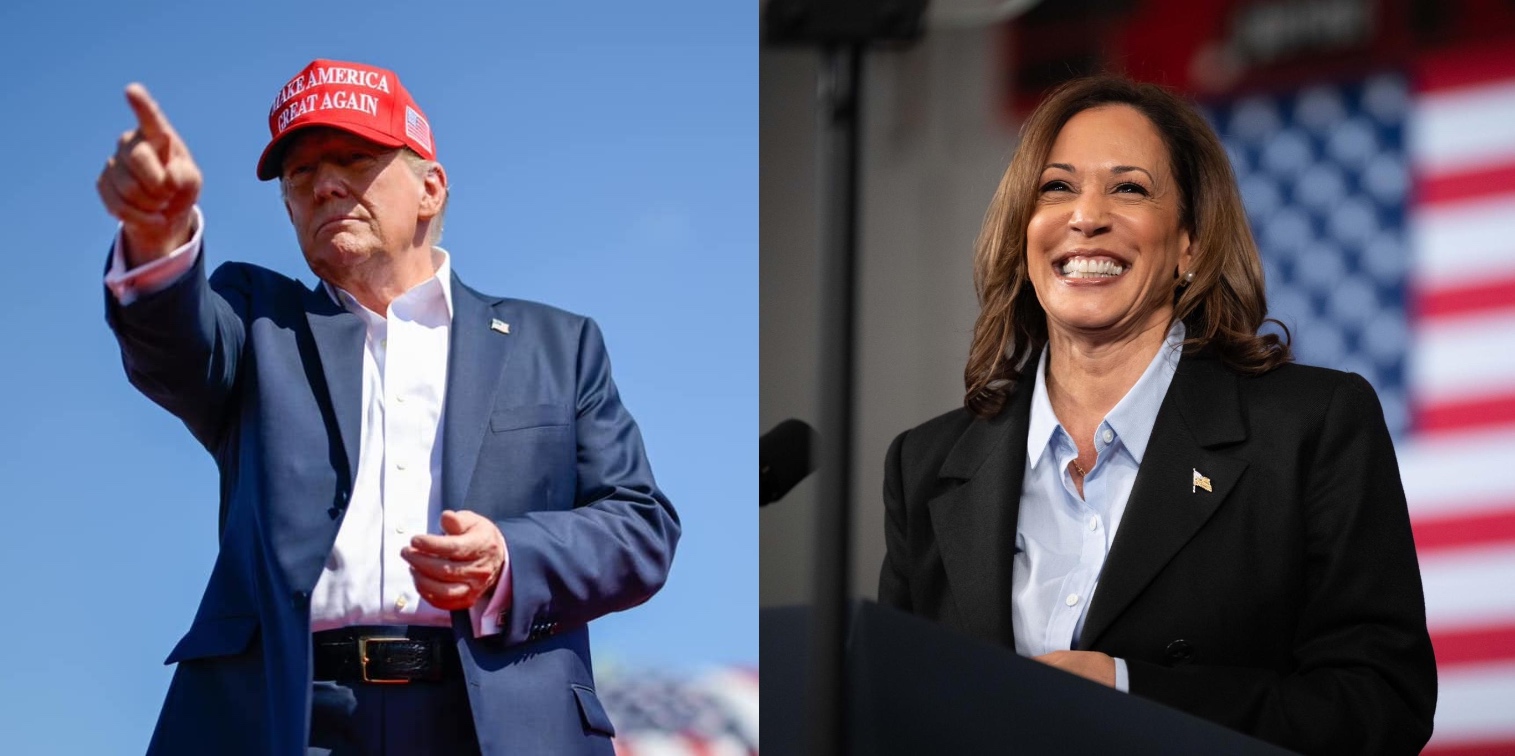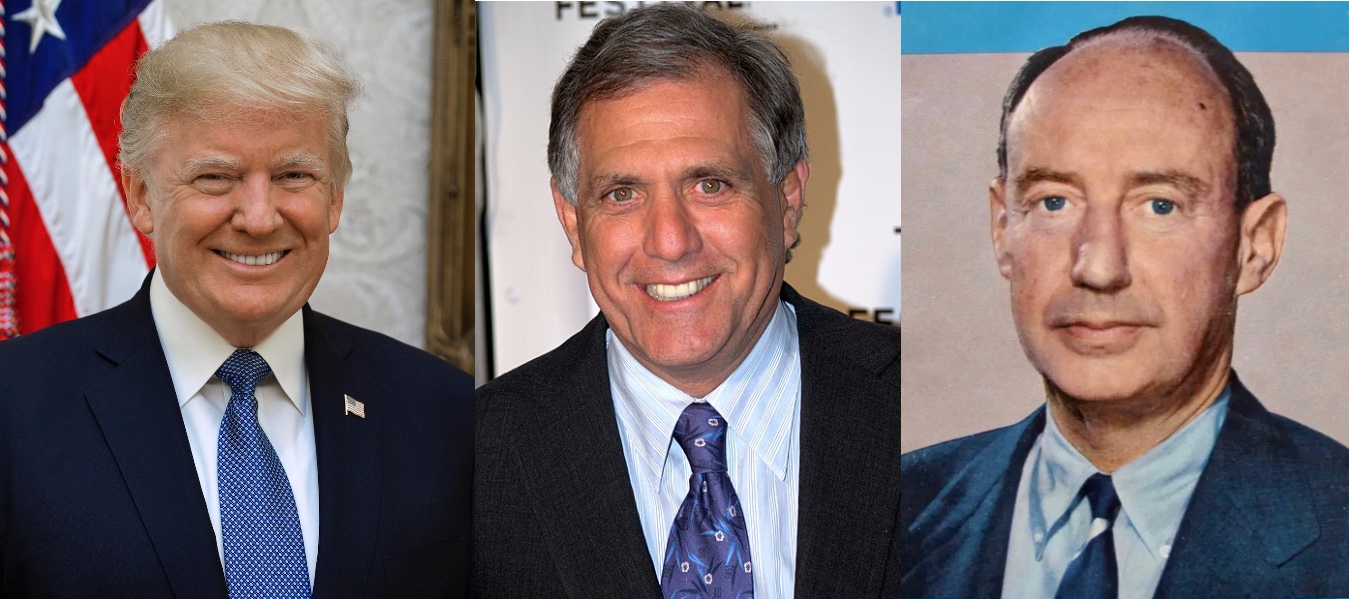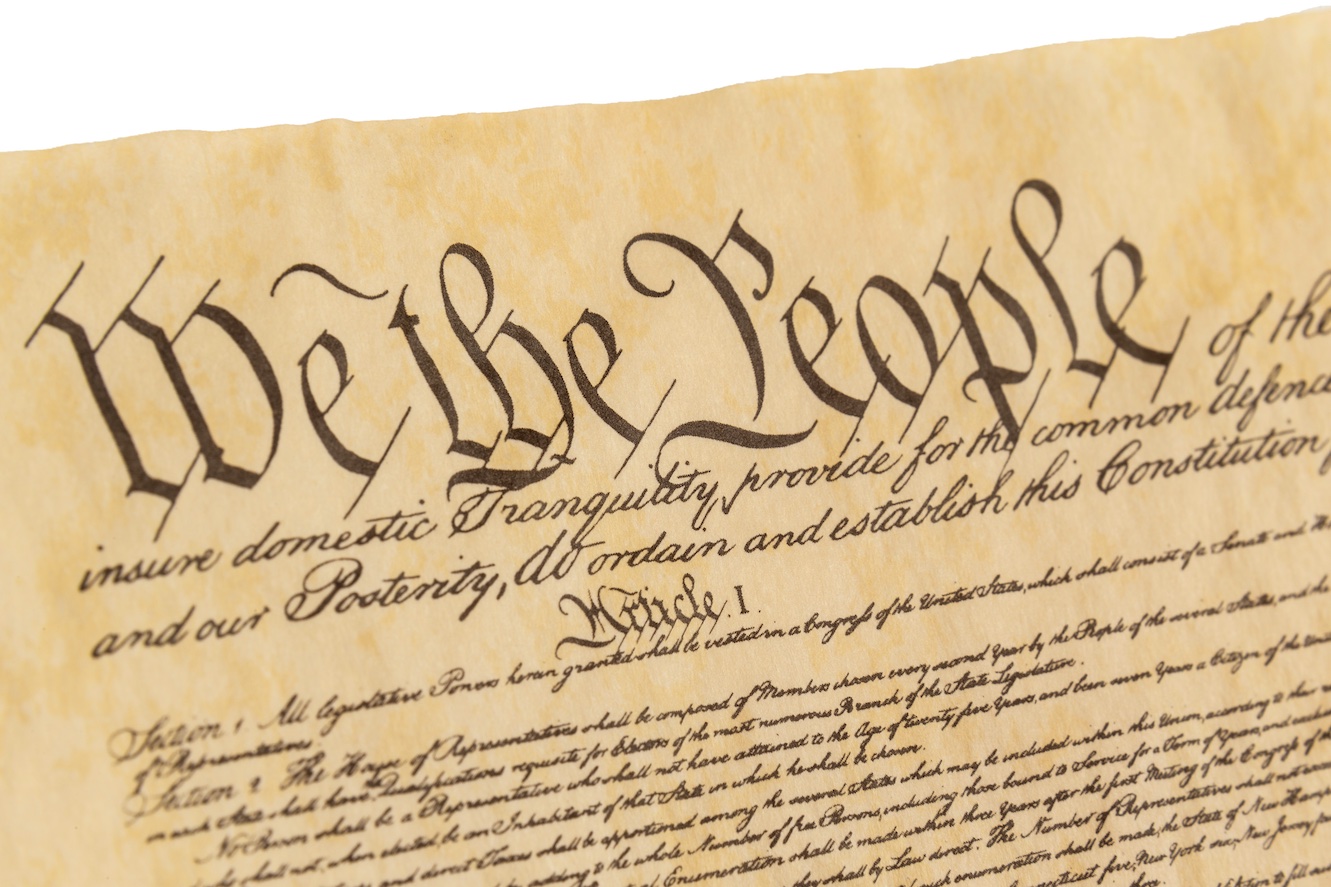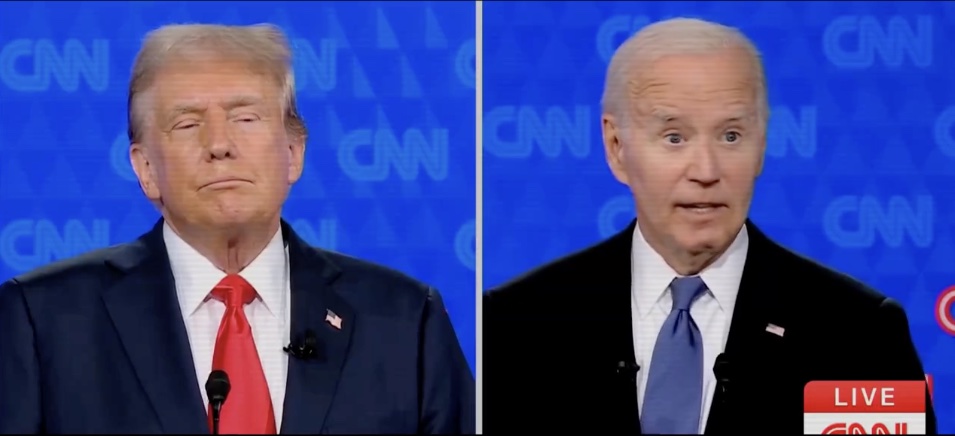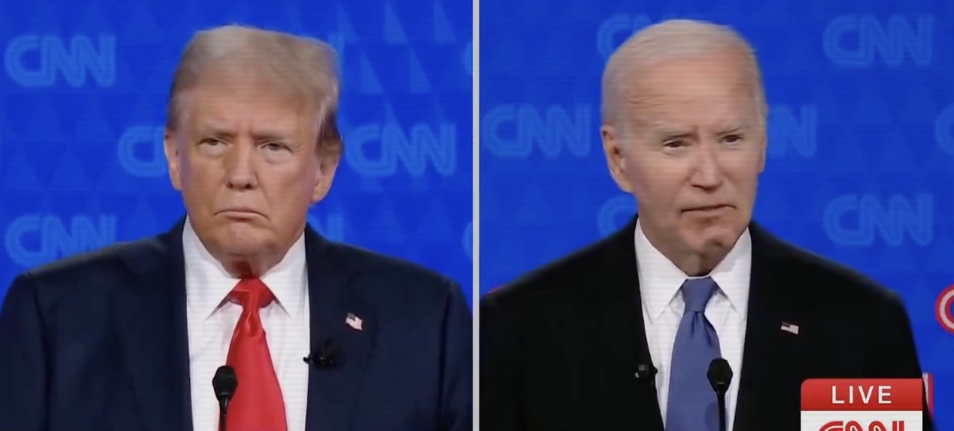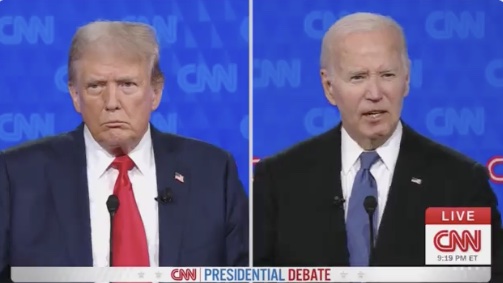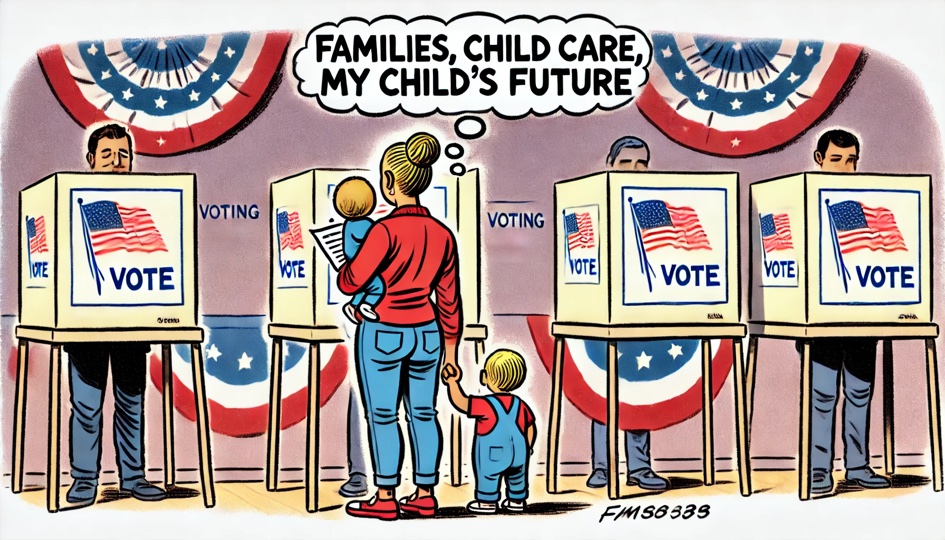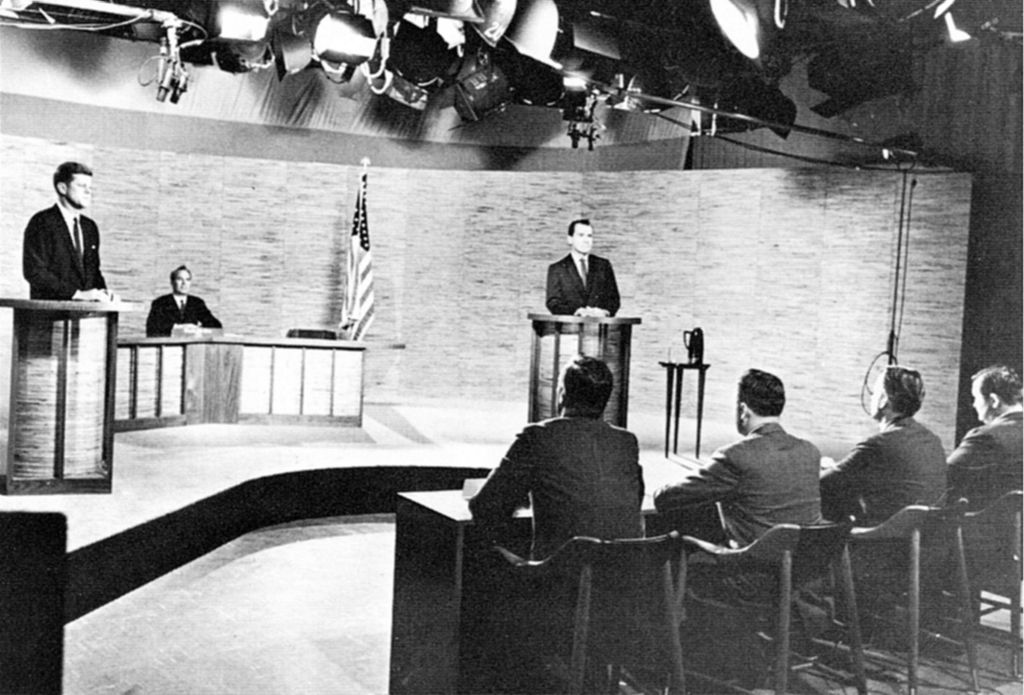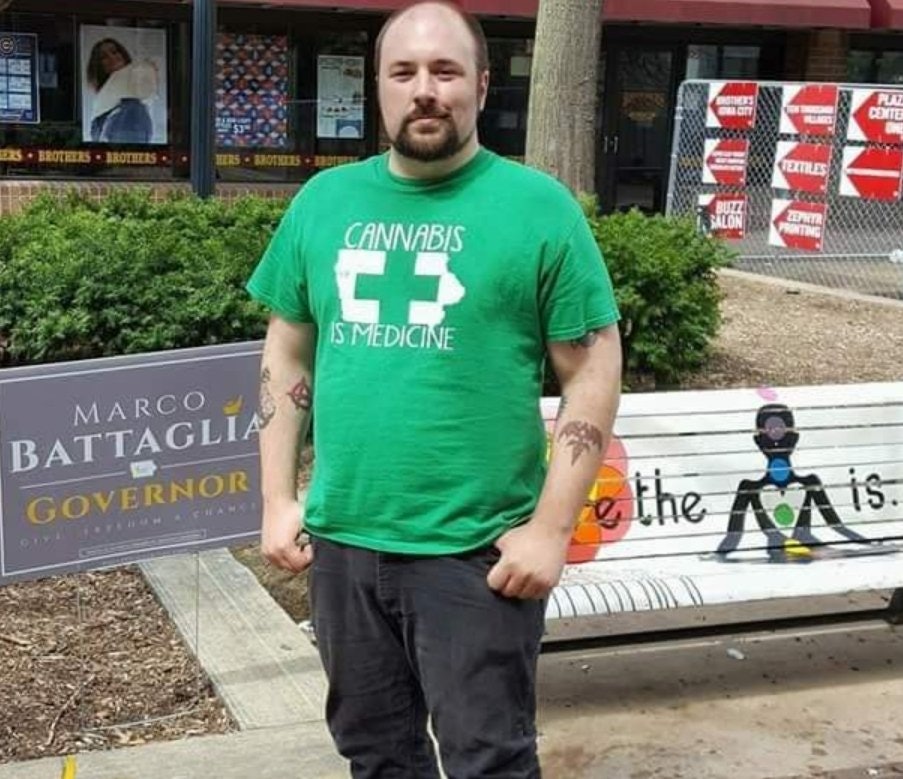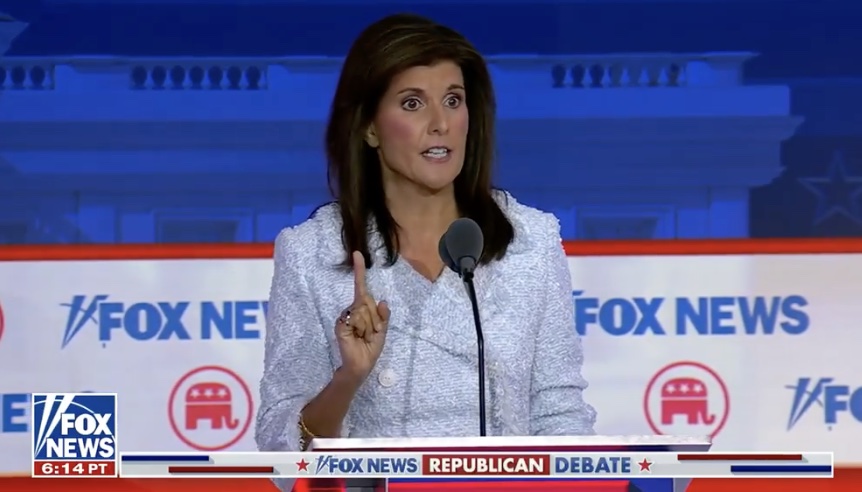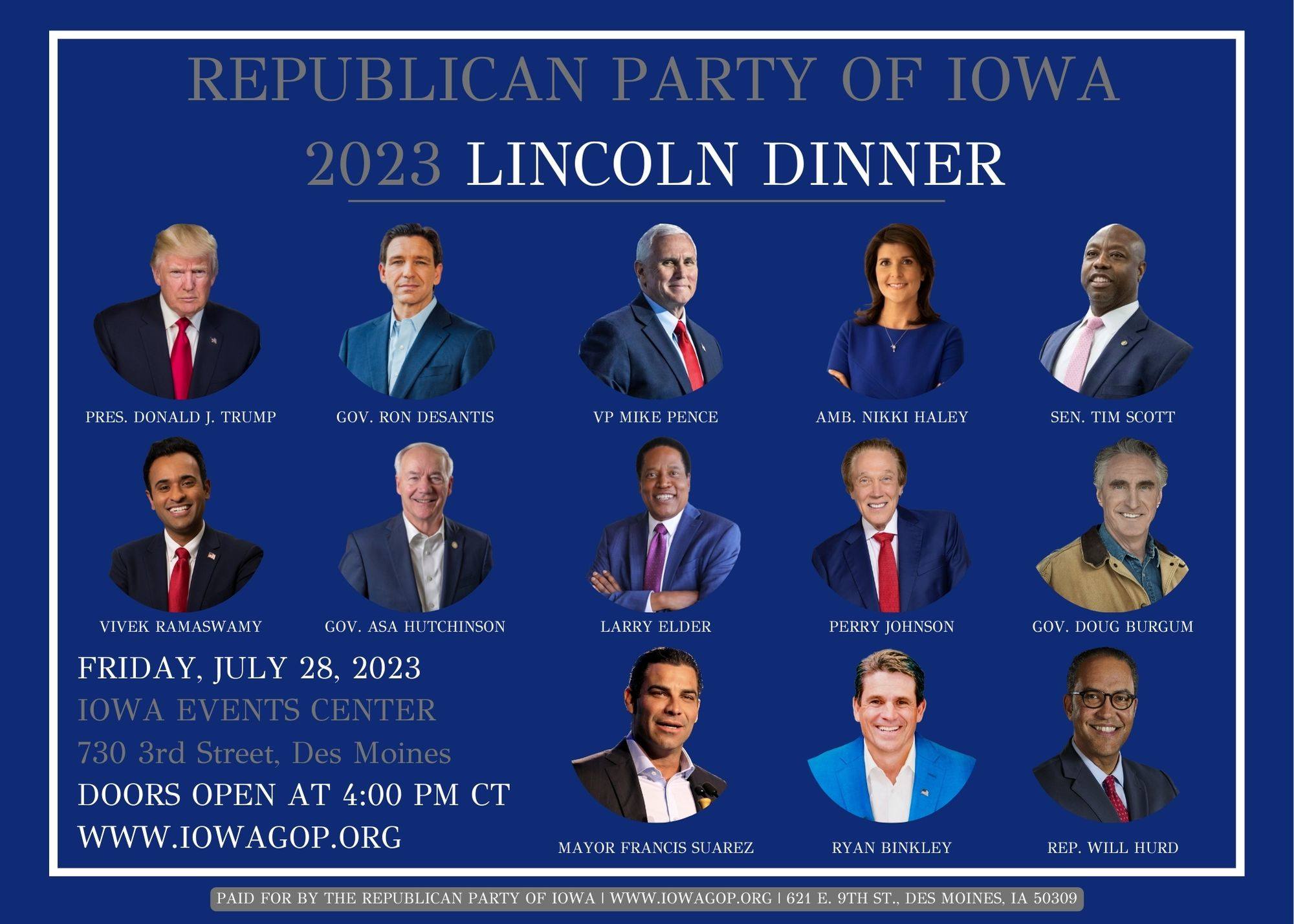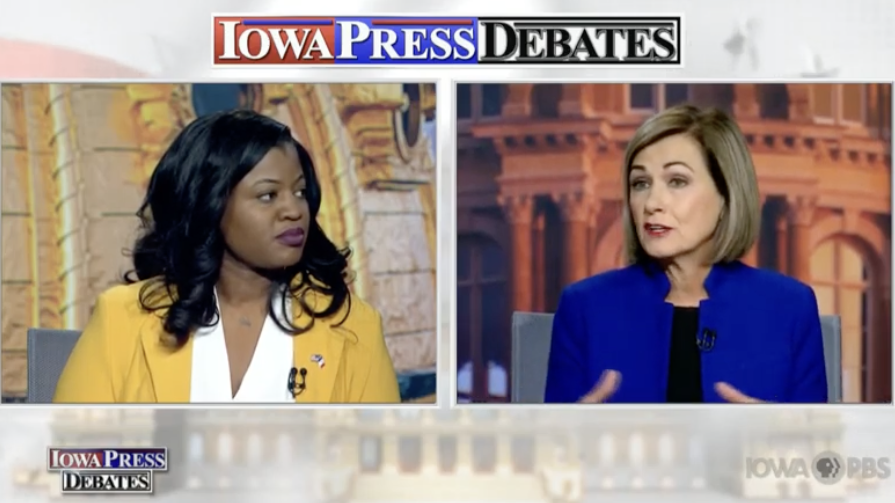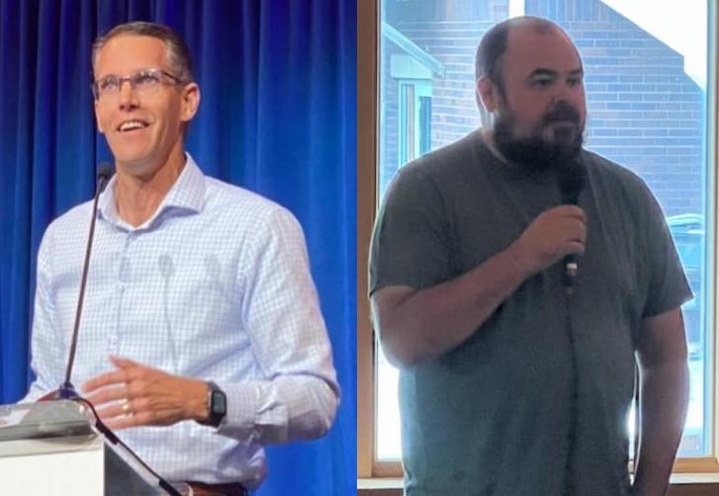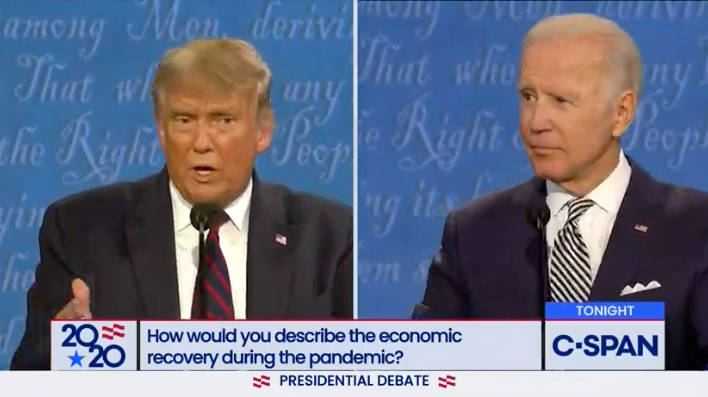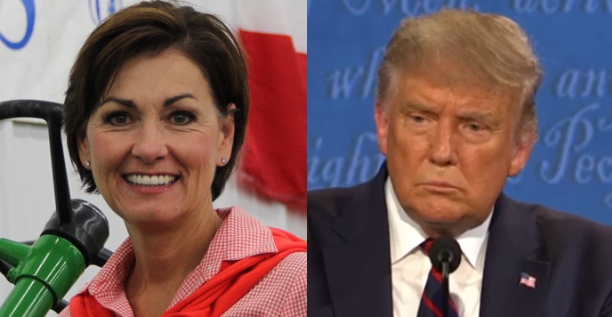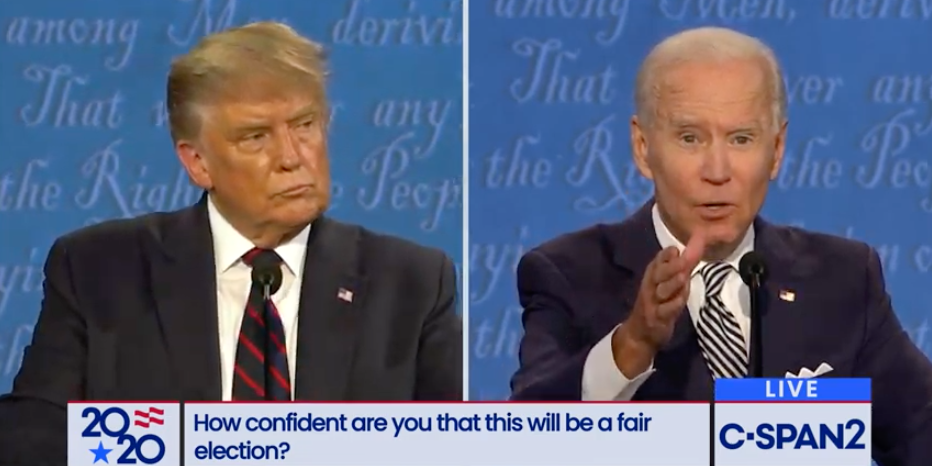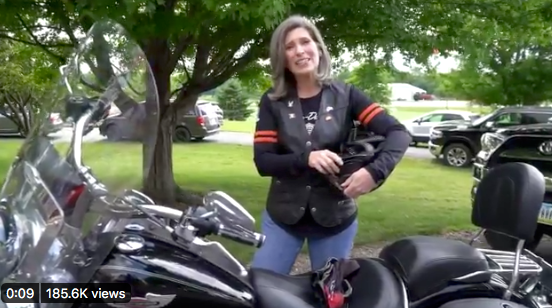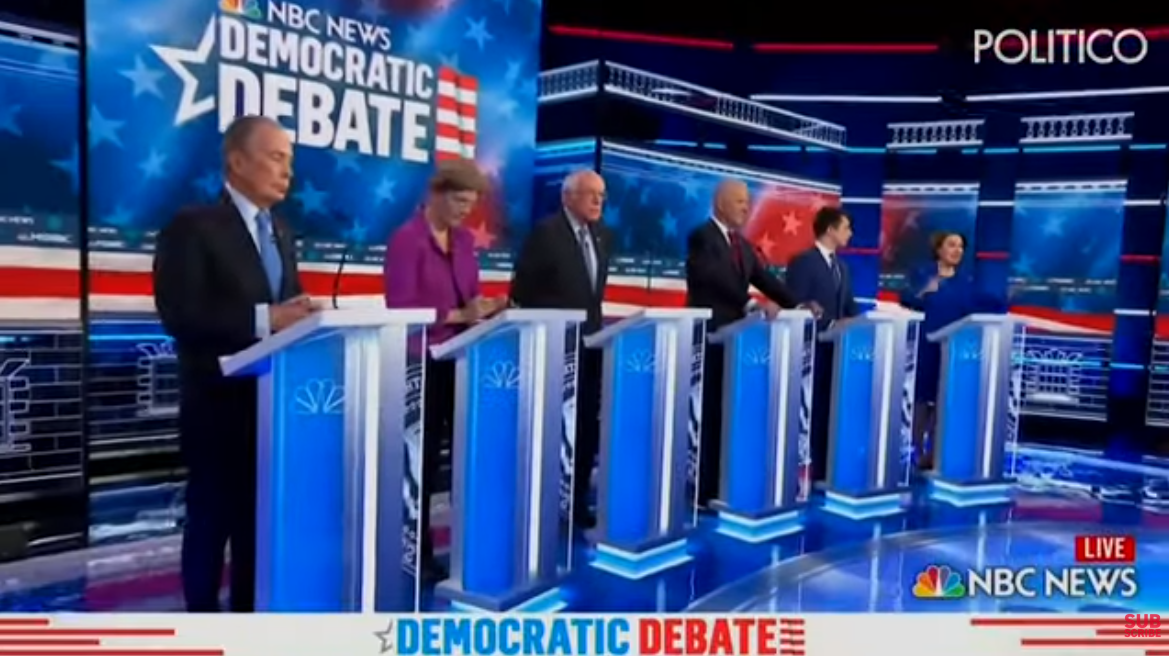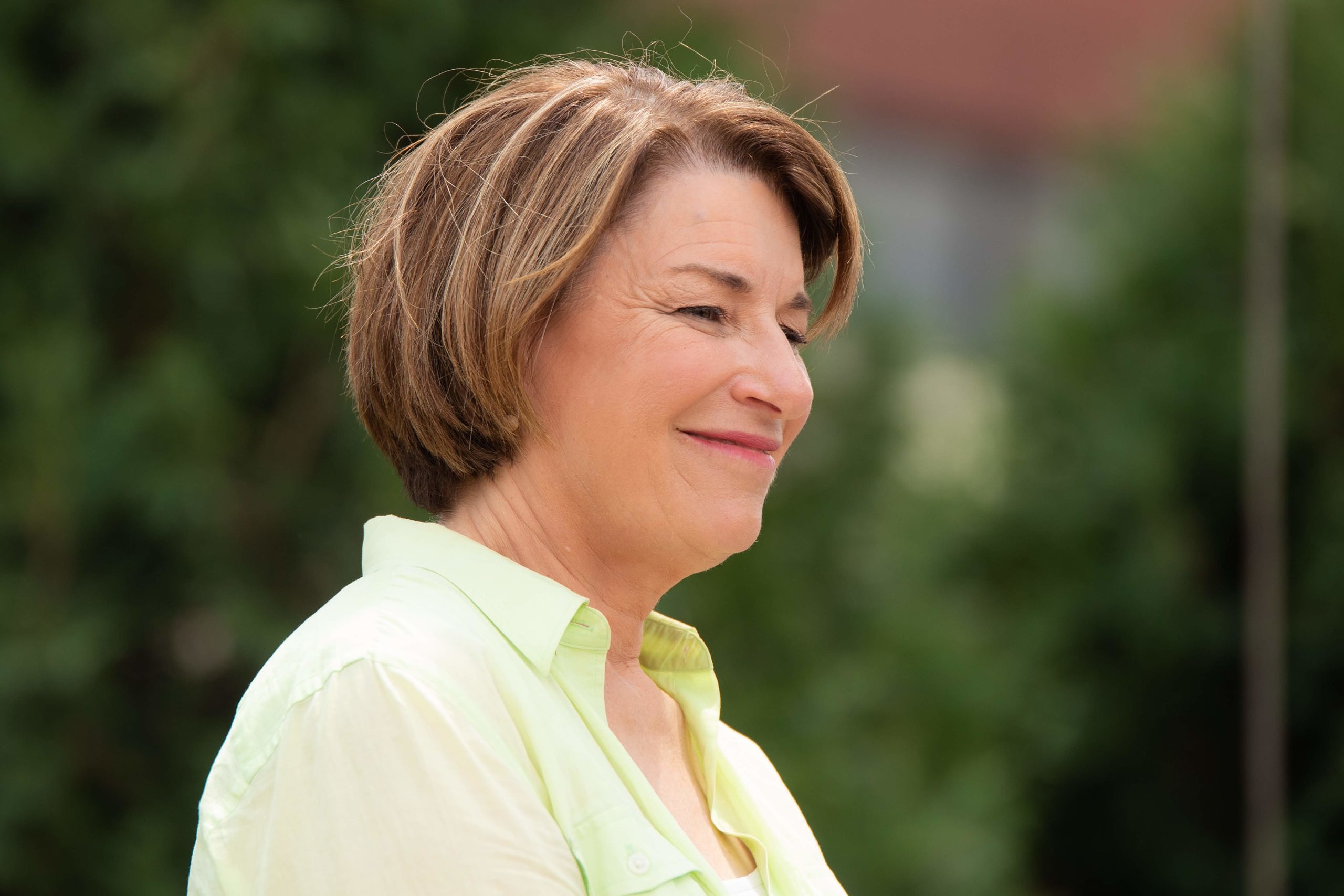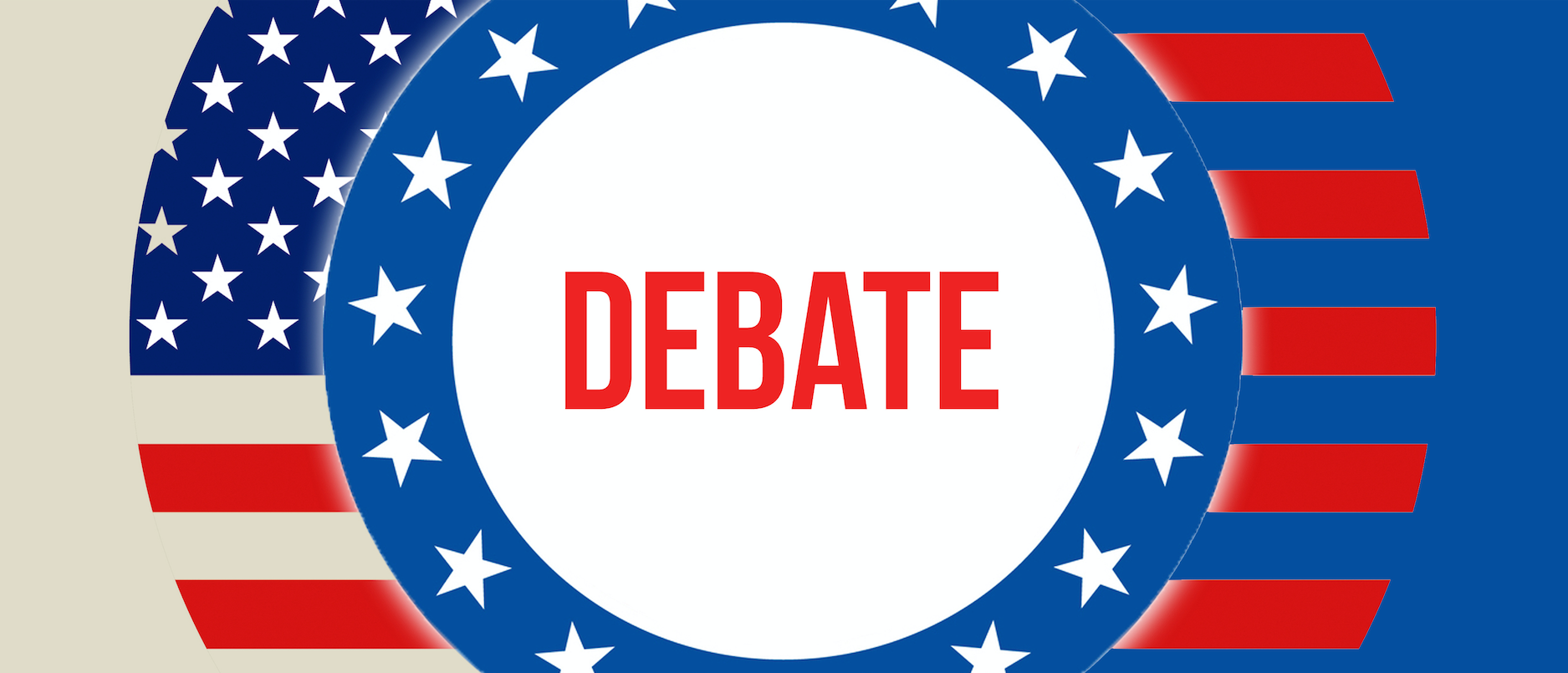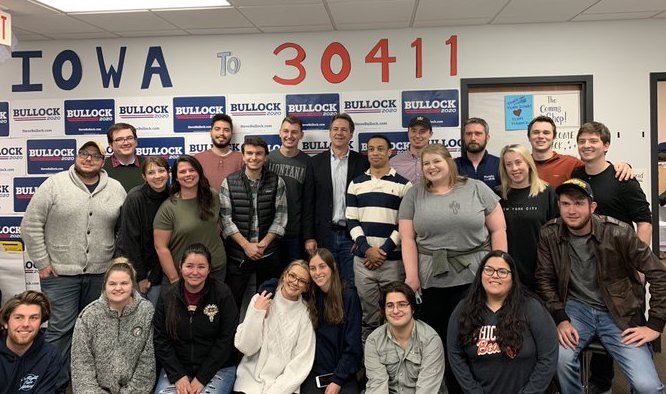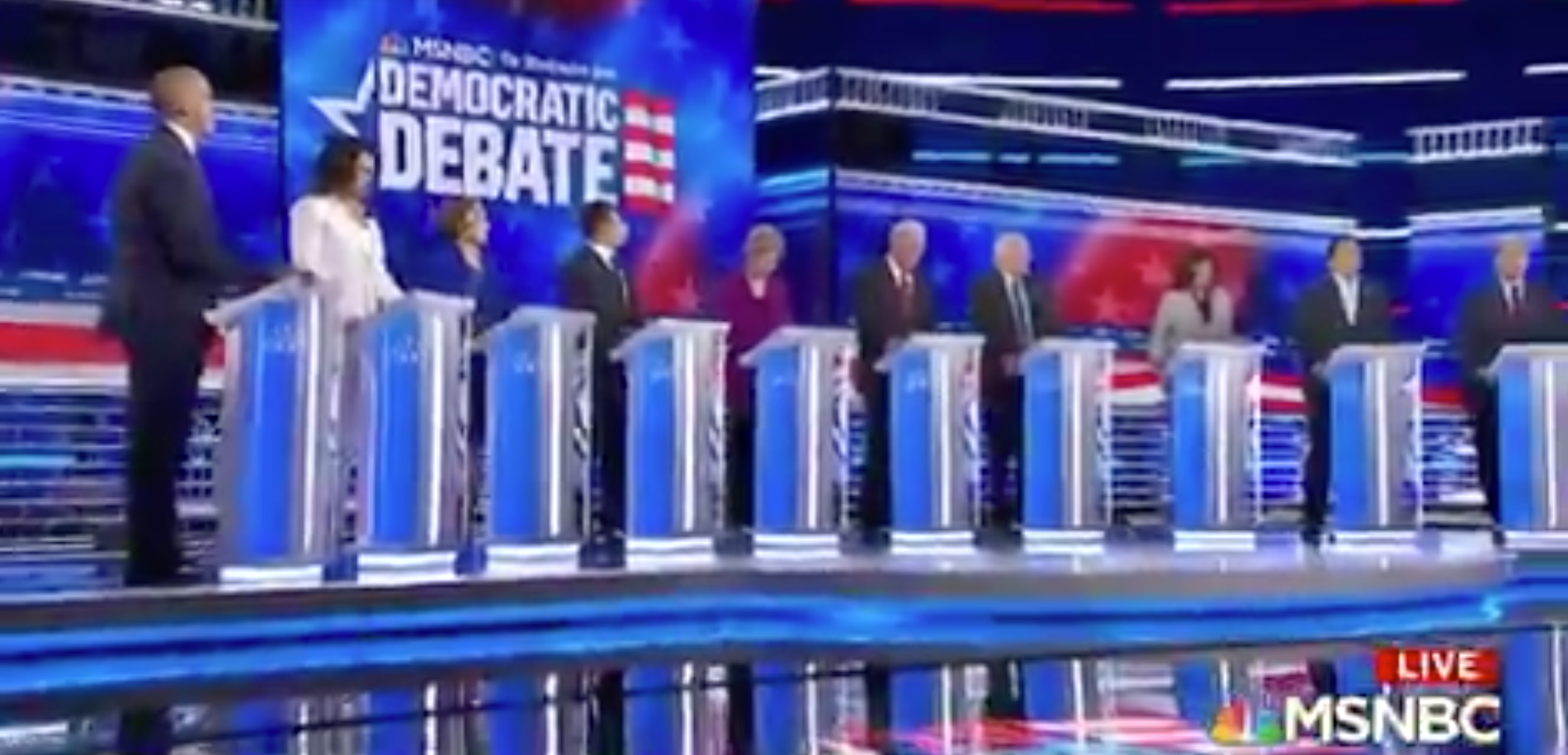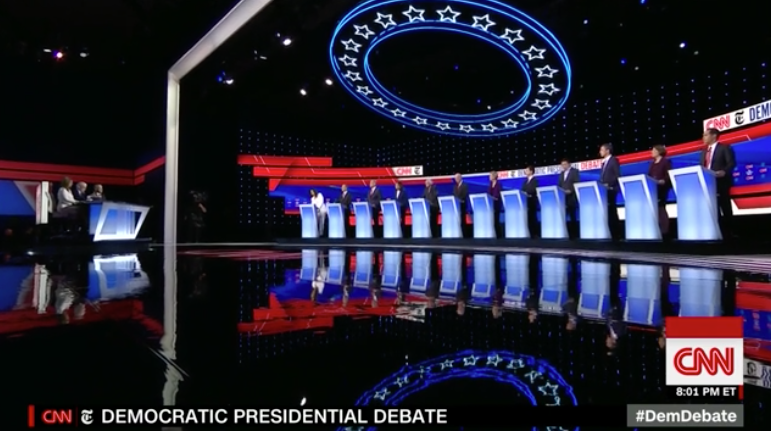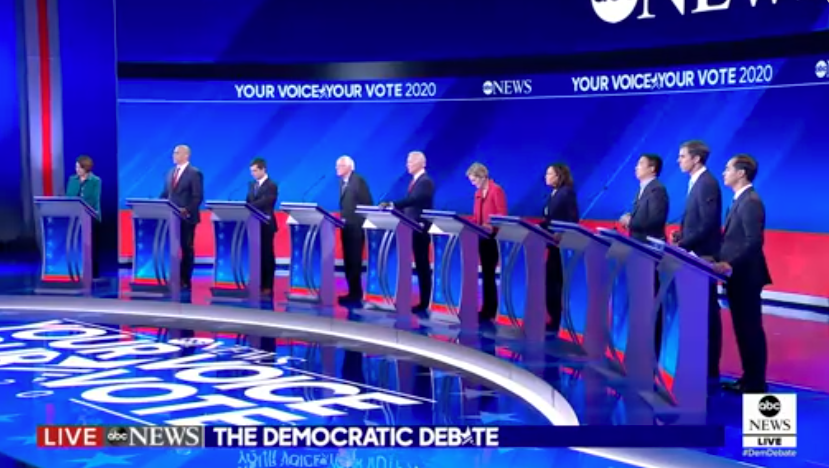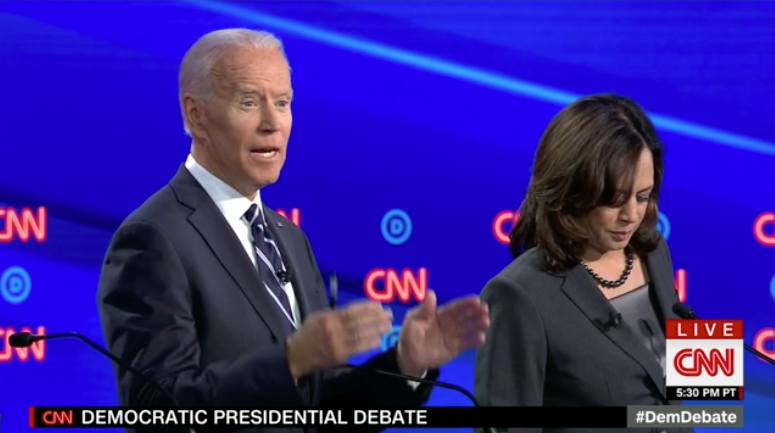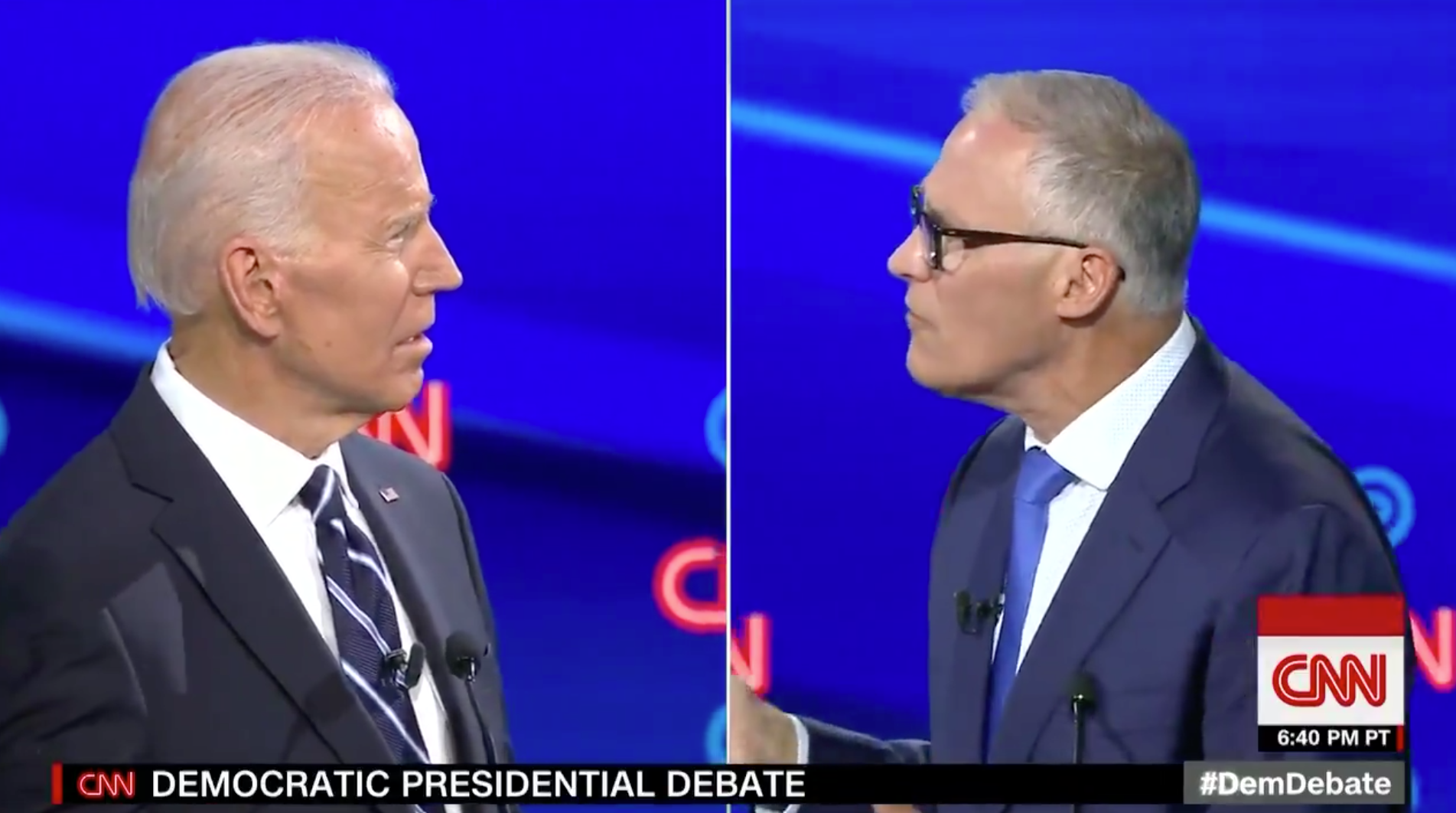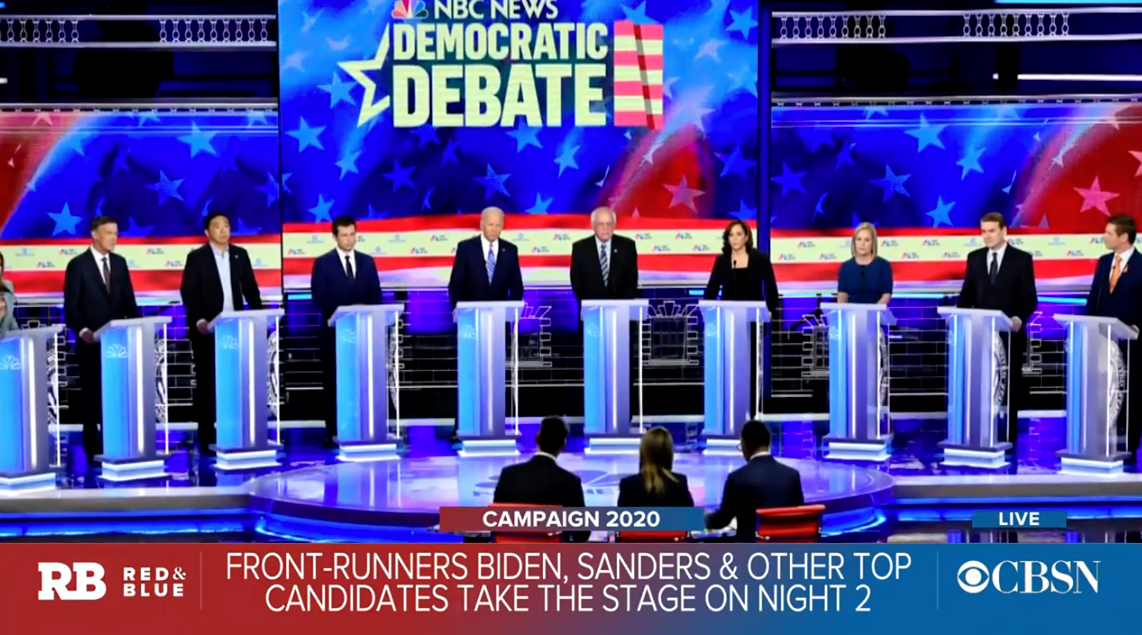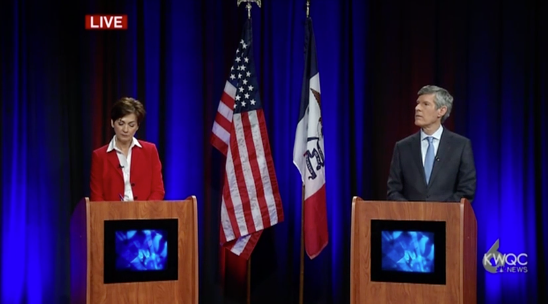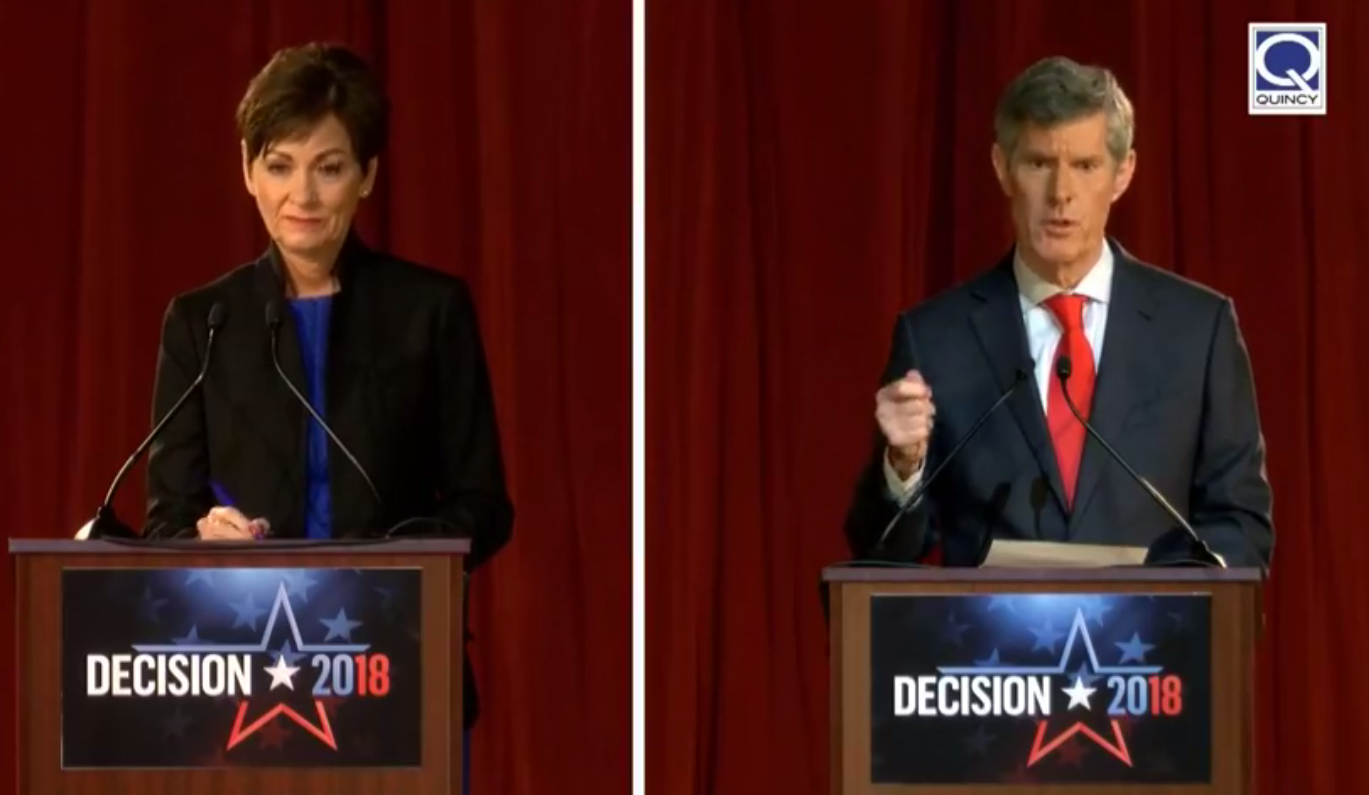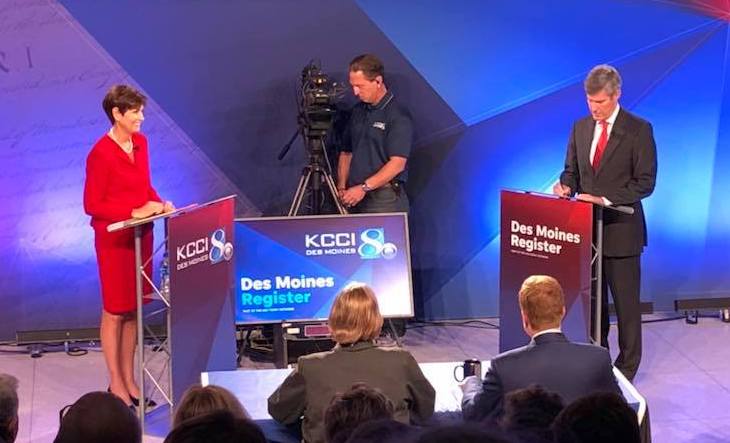Editor’s note: This post discusses Selzer’s September 2024 poll of likely Iowa voters. Her final pre-election survey, which the Des Moines Register published on November 2, showed Harris leading Trump by 47 percent to 44 percent. Original post follows.
Dan Guild is a lawyer and project manager who lives in New Hampshire. In addition to writing for Bleeding Heartland, he has written for CNN and Sabato’s Crystal Ball, most recently here. He also contributed to the Washington Post’s 2020 primary simulations. Follow him on Twitter @dcg1114.
Ann Selzer’s gold standard poll is out, and suggests a remade presidential race in Iowa.
The top line numbers from Selzer & Co’s latest poll for the Des Moines Register and Mediacom indicate former President Donald Trump has 47 percent support and Vice President Kamala Harris 43 percent among likely Iowa voters. This poll started contacting respondents on September 8 (before the debate) and concluded on September 11, the day after the debate. At the end of this piece is a summary of post-debate national polling, which has found a gain for Harris of about 1 percent.
When you compare the new survey to Selzer’s numbers from June (Trump 50 percent, President Joe Biden 32 percent in Iowa), you will find a 14 point shift in margin. But purely focusing on the margin may be a mistake.
Continue Reading...
